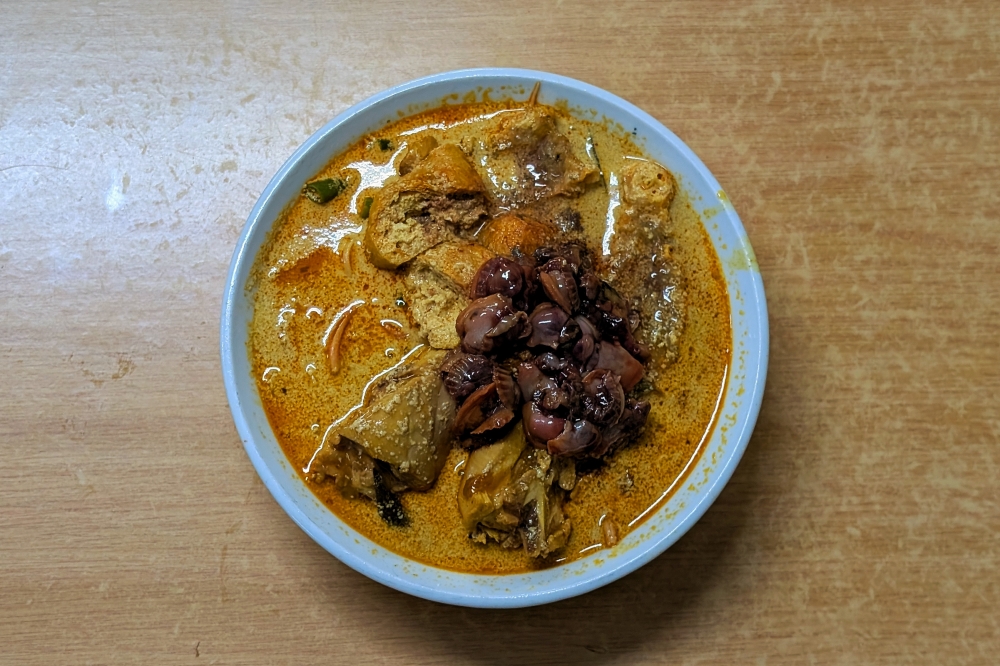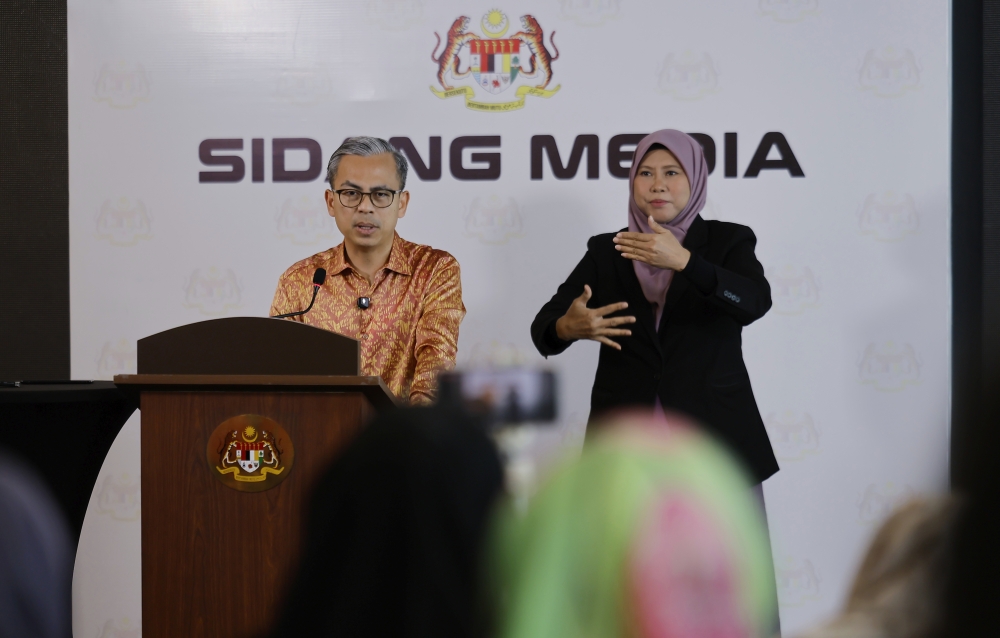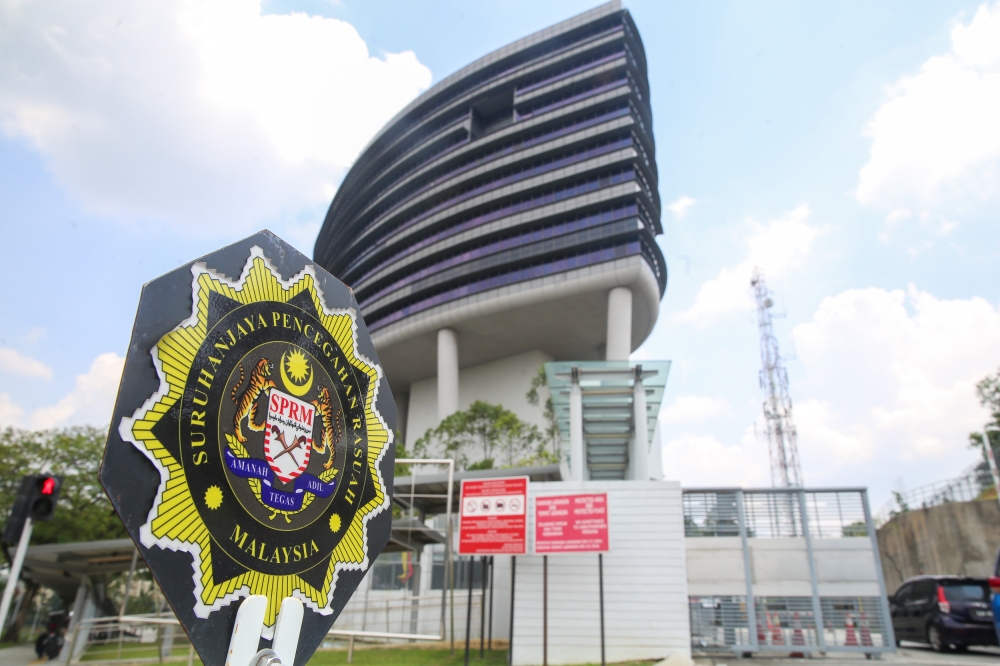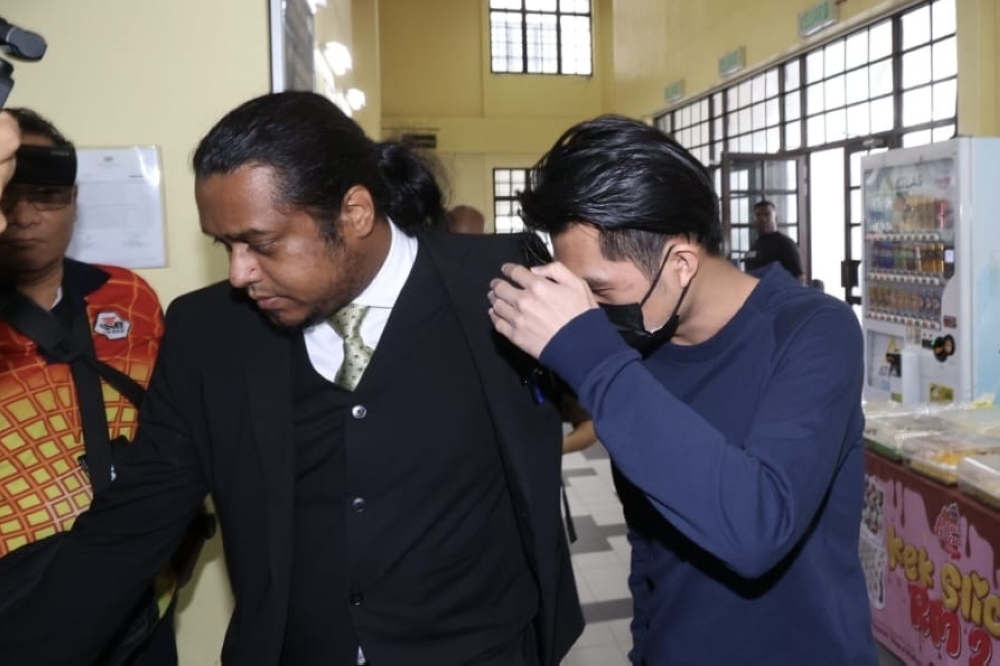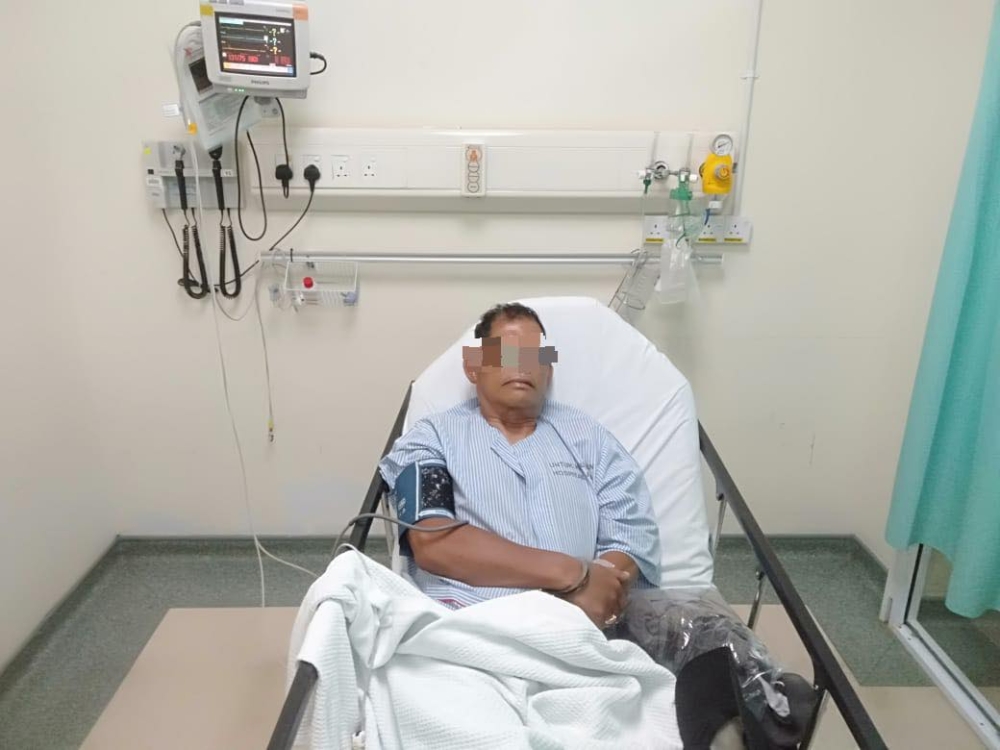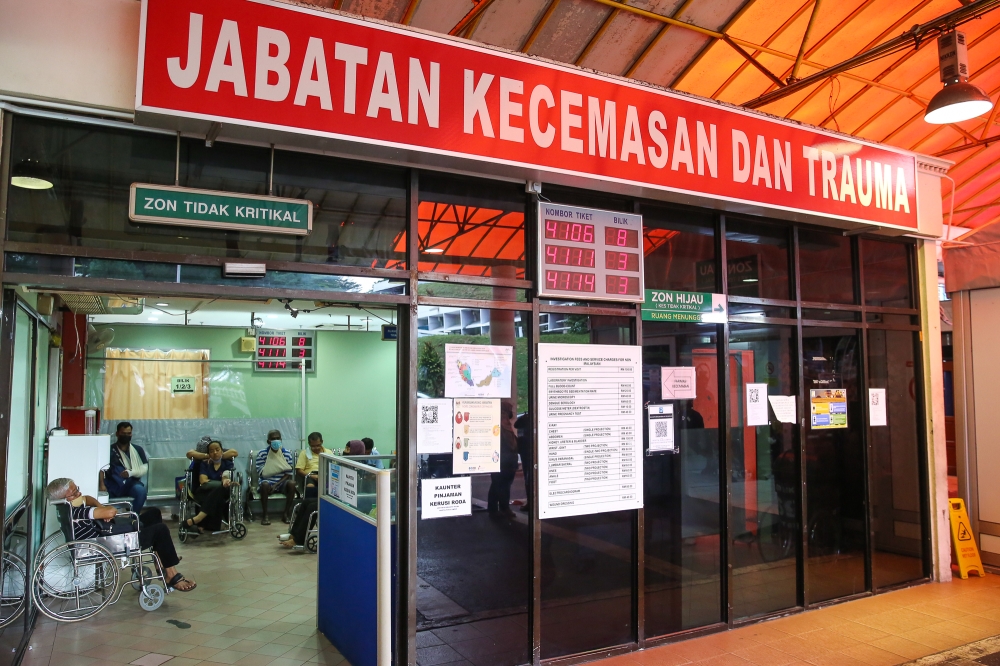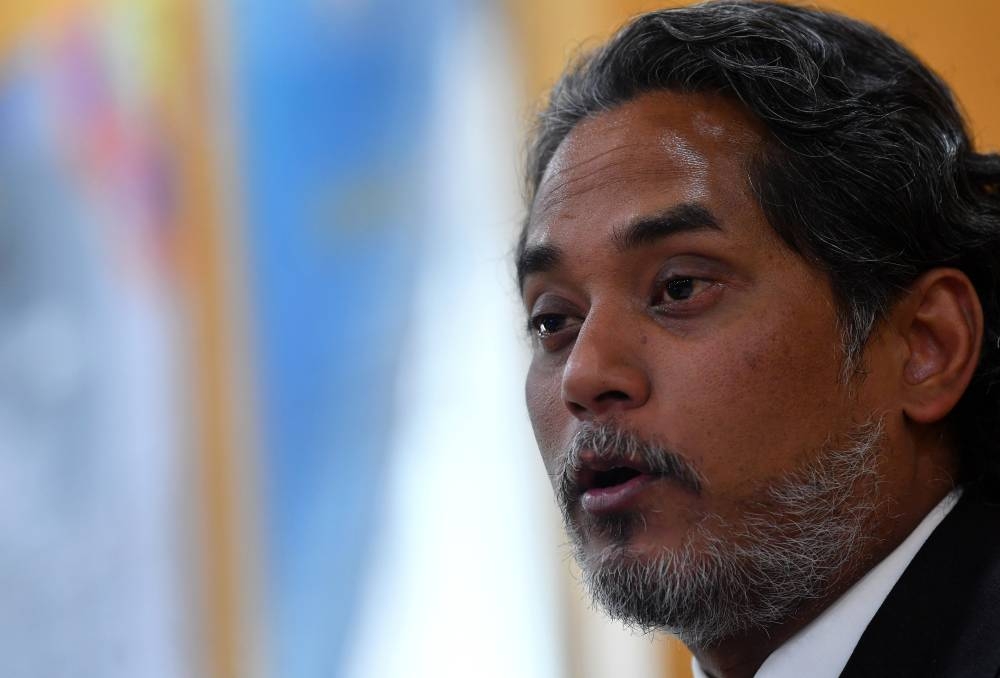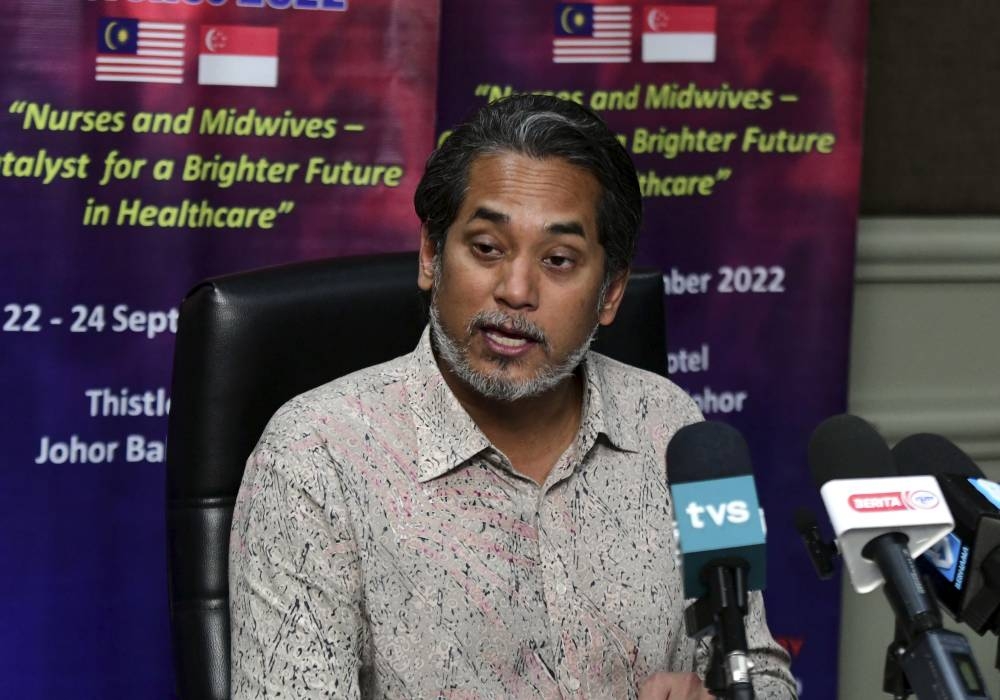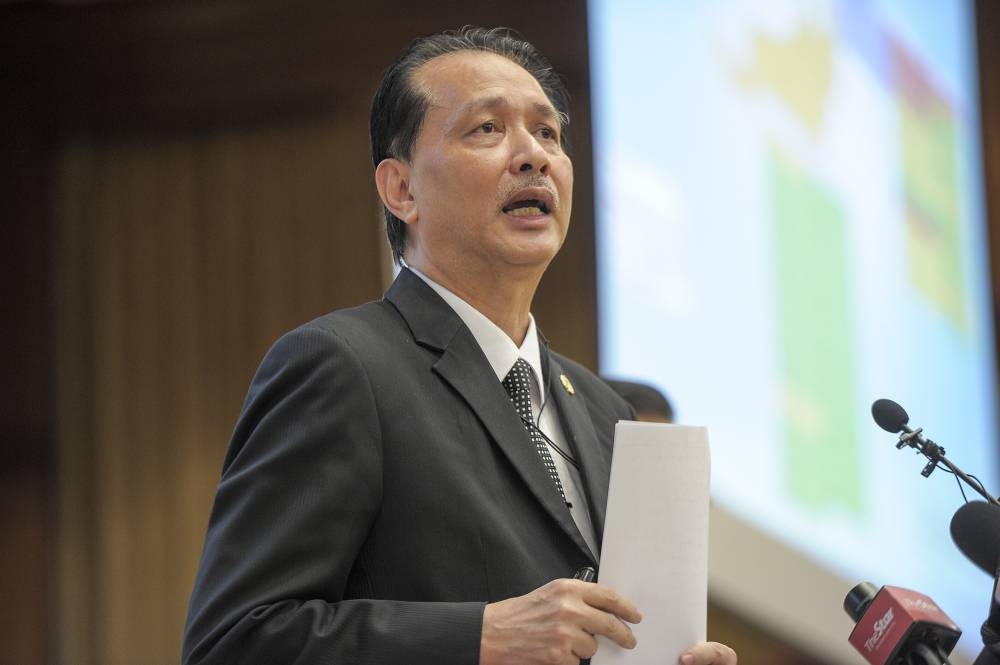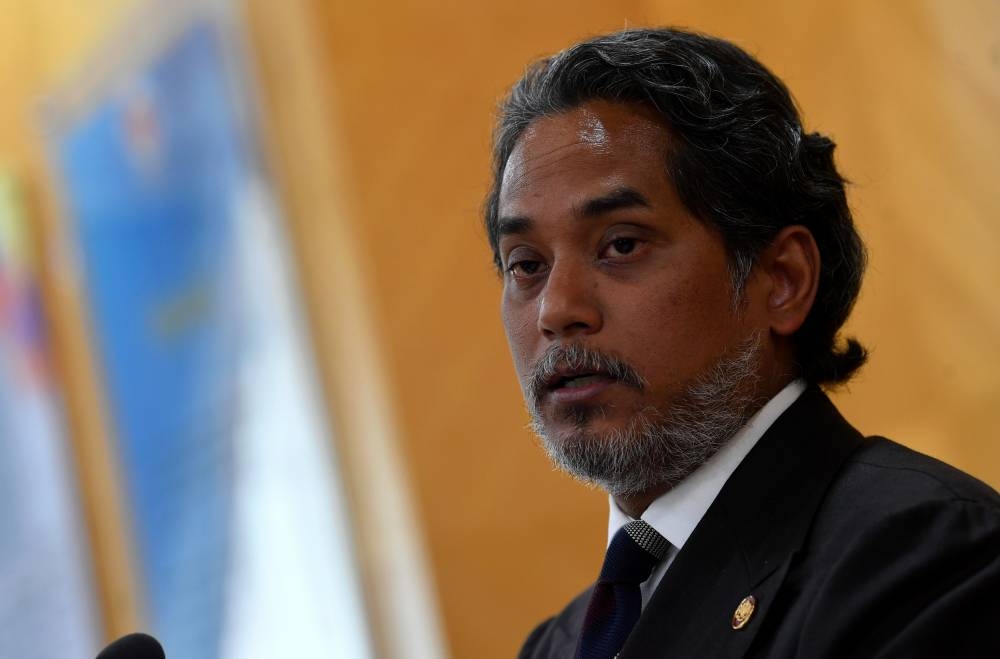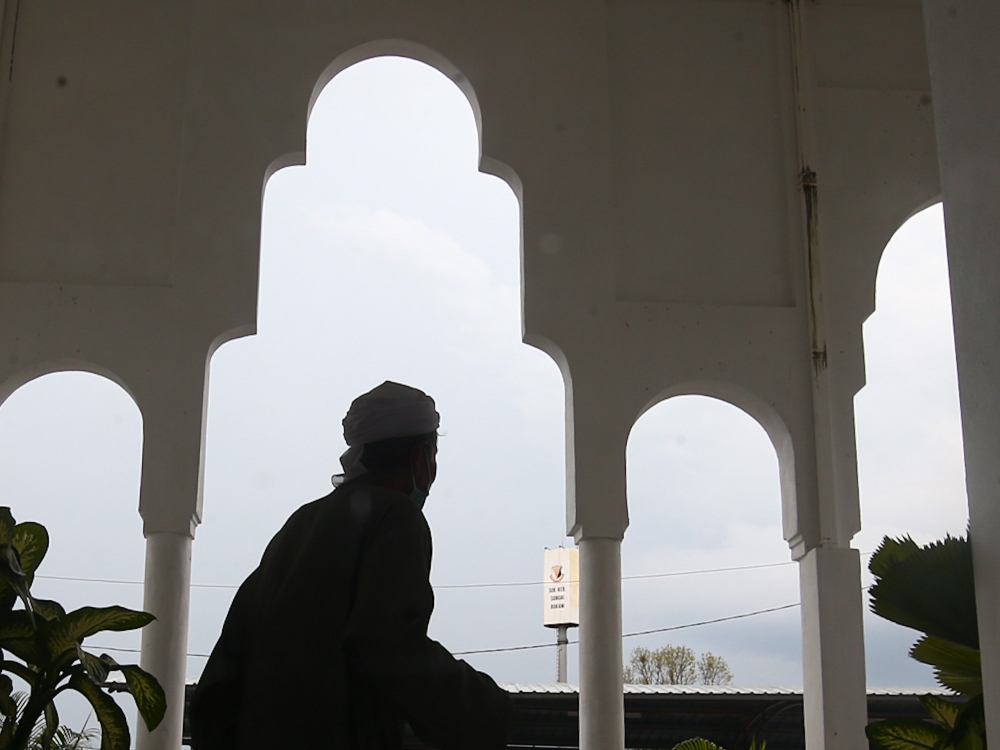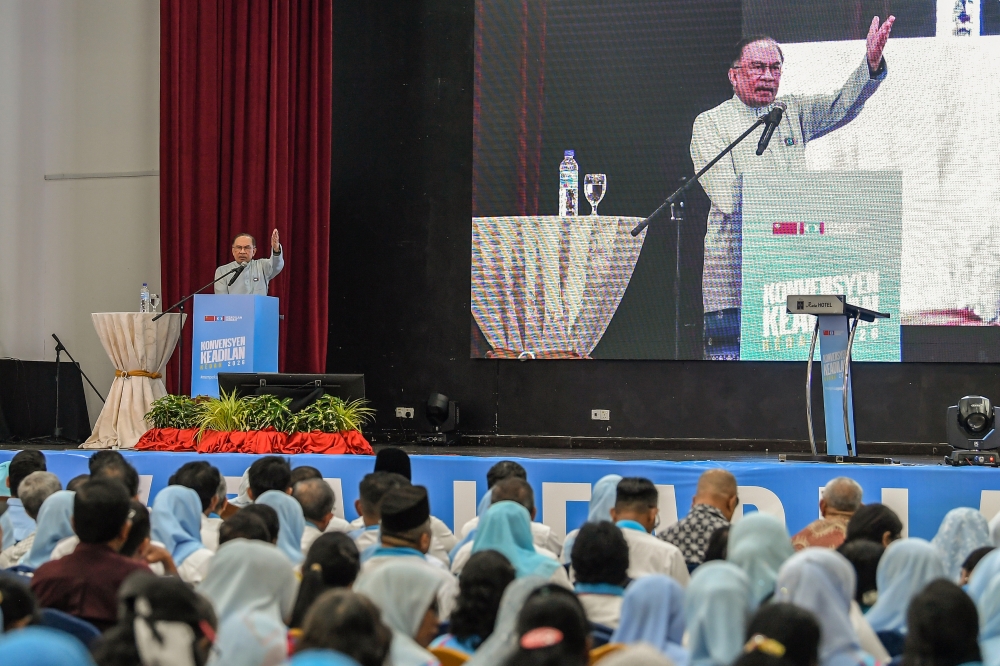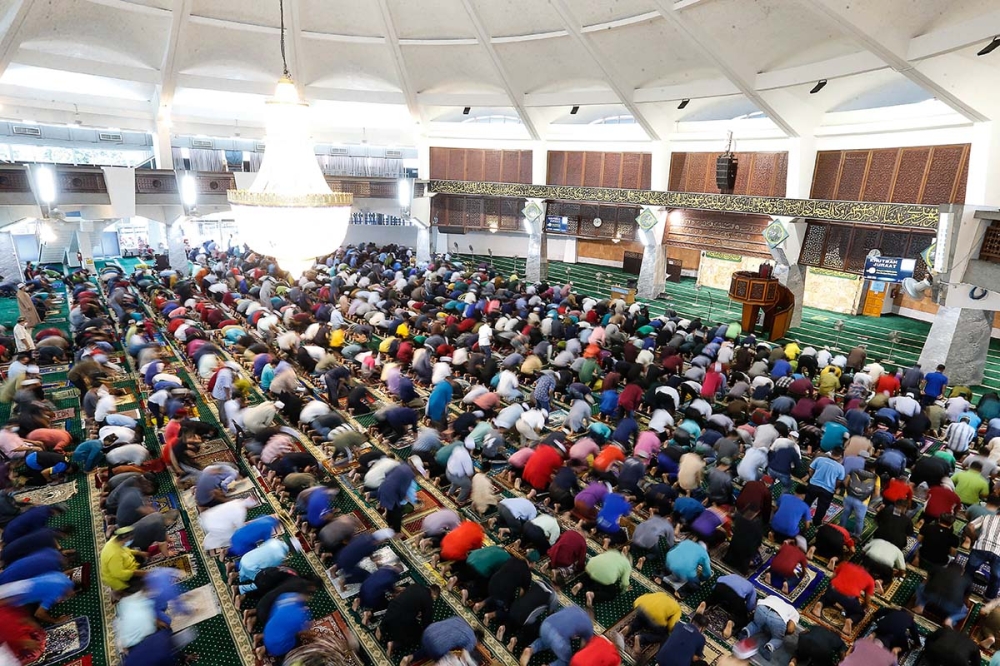PUTRAJAYA, Sept 22 — Malaysia’s experience in dealing with the Covid-19 pandemic needs to be institutionalised to ensure that the Ministry of Health (MOH) and the country are ready should another pandemic emerge in the future.
Health Minister Khairy Jamaluddin said the experiences and handling procedures during the pandemic could be used as a useful guide for the officers at the ministry in the future.
“The pandemic experience is very valuable. It must be institutionalised, because the officers who were at the Ministry of Health during the (Covid-19) pandemic will one day retire.
“I also may not be here (with the ministry) soon after this, the important thing is that the experience is institutionalised so that the preparedness (to deal with) the next pandemic is something that we can pass on to future officers,” he told reporters during a recent interview on his achievements as minister of health over the past year.
Khairy said this way, the country would be better prepared in various aspects in the event of another pandemic, including in terms of better communicating information to the people.
“Let us not forget the experience and all the measures that have been taken by MOH and our government. If there is a pandemic in the future we already know the procedures, how to communicate with the people, what steps need to be taken, and the lessons we have learned from the past,” he said.
Khairy said he was also trying to complete as many of his tasks as possible before the dissolution of Parliament, which at the latest, would be by the middle of next year, to ensure that all policies and plans of the Ministry of Health were well in place and could run smoothly.
“This is because during the period Parliament is dissolved, there will be no ministers. Each ministry will continue to serve on ‘autopilot’ led by the respective secretary general.
Meanwhile, when asked what he would like to focus on if he had “more time” at the ministry, Khairy said improving infrastructure and health facilities and focusing on the welfare of nurses and allied healthcare professionals were top on his list.
“Over the past few weeks, I have gone down to the field to inspect health facilities in rural areas, including in Sabah, Sarawak, Kedah and several other states.
“I saw that many health facilities were in a poor state and if I am given ‘extra time’ that (upgrading them) must be one of the priorities,” he said. — Bernama




